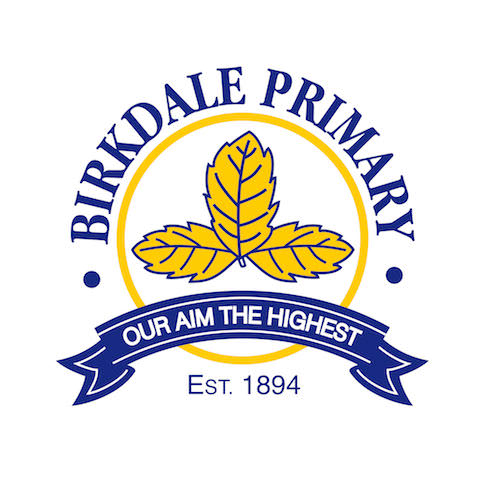Te Kaupapa o Te Puāwaitanga.
Vision/Te Tino Wāwata
To grow bold learners who positively contribute to whānau, community and the world.
Ko tōku reo….
Te raukura mō tōku mana Māori
Te pounamu mō tōku mana motuhake
Te mauri mō tōku tino rangatiratanga
Rationale/Ngā Tino Whakaaro
We, the whānau of Te Puāwaitanga –
• are committed to supporting our tamariki towards reaching their full potential.
• recognise that te reo me ōna tikanga underpin the educational path we have chosen for our tamariki.
• understand that each of us has a responsibility to validate and support this pathway.
• will work with staff to uphold the kaupapa of Te Puàwaitanga.
Core Values/Ngā Tino Uara
We believe that –
• people are the greatest treasure – they must be treated with respect and dignity.
• our language is a sacred gift handed down from our ancestors.
• we must implement cultural standards wherever possible.
• learning is lifelong and is valuable.
• respect and care are to be shown
– for one’s self.
– for mana tangata.
– for feelings / wairua, hinengaro.
– for the environment.
– for property, resources and personal belongings.
Objectives/Ngā Whāinga
We will –
• deliver quality education based on kaupapa Māori pedagogy in a positive and safe learning environment (e.g mahi tuakana / teina).
• strive to set, attain and maintain the highest standards of education with our tamariki.
• identify a range of evidence that reflects progress and student achievement.
• share student achievement in a way that recognises the role of the whānau and kaiako together in the learning process.
• spend time recognising and acknowledging the successes of our tamariki and whānau.
• support the staff of Te Puāwaitanga in determining the delivery of quality education to our tamariki (e.g behaviour management).
• promote the on-going professional development of kaiako.
• enable the development of quality resources to support the learning process.
• maintain open and transparent engagement between the school and parents.
• be supportive and inclusive of each other by seeking ways to build relationships, especially for new whānau.
• look to increase individual whānau knowledge and understandings about learning in order to support tamariki at home.

